Tag: Events
More Than A Hi-Vis: Why You Need A Trained COVID Marshal
Want your venue or events space to stay safe and successful during the pandemic? A team of specialists can make it happen.
You may have read our recent introduction to COVID Marshals What Is A COVID Marshal?. The concept is relatively broad: they might be a parking attendant or council worker, depending on where you look.
Our COVID Marshals are a bit more unique. We’re trained in fire and rescue, and health and safety. We’re aware of the latest government guidance for your region. We can express things calmly to anyone, or spring to action in seconds. Simply put, we give you a much higher level of coronavirus confidence.
But why do you need a Dependable Forces Marshal? Let us explain…
Learn from ongoing risk assessments
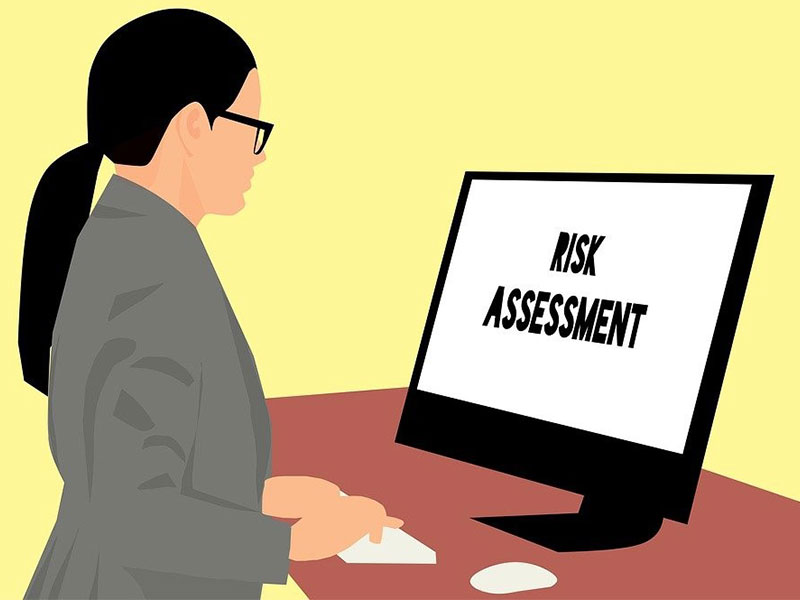
Our work begins with a complete environmental stress test. We’ll view your premises to gauge spacing, signage placement and testing capacity, as well as where to locate steriliser stations. We’ll then write up a full report of what you do well and what we’ll improve on.
But that’s just the very first report. We’ll give daily, weekly and monthly updates too. These form a continuous compliance record: something you can show anyone looking into your COVID-safe procedures. Emergency incidents are also logged, meaning you get a full paper trail.
Have eyes on the ground, everywhere

Marshals move around. We watch for crowding and congestion. We’re in your corridors, stairways and main event spaces. The more you have, the wider our presence is – and the more you’re able to let your staff focus on taking tickets, names, cash or coats.
COVID Marshals can have the absolute best overview of your guests. If something’s wrong, and people aren’t following the rules, we solve it instantly. That extends to things like checking you have enough sanitiser at entry points, toilets and seating areas too.
Make up for staff shortages
That being said, we can fit almost any role that you require. You can even ask for Marshals to join your ticketing or door staff. Remember: we’ve been trained in emergency response. That means crowd control and security never phase us.
This is particularly useful if your regular team members have to self-isolate. You know as well as we do that 10 or 14 days out of work can come at very short notice. COVID Marshals can fill their shoes, while ensuring the rest of your workforce has the right PPE to keep further infection down as much as we can.
Communicate well – without harming the experience
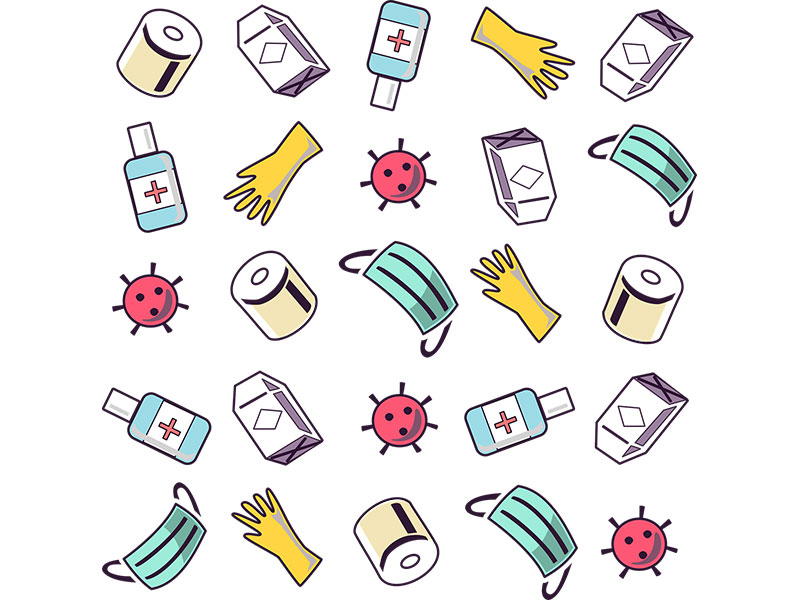
Running an event during times like these requires tact, subtlety and the ability to be firm without intimidating people. You’re treading a tightrope every night. Fail to explain what attendees must do, and you’ll breach guidelines; shout or patronise them, and the good vibes slip away. So the trick is being able to do both: talk to and guide your guests clearly, without trampling on what makes your event worth coming to.
Dependable Forces grew organically from the events business Who Are Dependable Forces?. We matched insider knowledge with trained emergency professionals. It’s a mix you won’t find anywhere else. And that’s the secret to pulling off the experience you work so carefully to build, even if it’s on ground you aren’t used to.
There’s more to say, of course. We’d be happy to chat through how one of our COVID Marshals can safeguard guests at your venue or upcoming event. Speak to the team today.
When Events Get COVID Wrong
The Cost Of No Precaution: When Events Get COVID Wrong
The threat of the pandemic is everywhere. But with job losses and financial debt taking a huge toll on the British events sector, something needs to change.
COVID-secure experiences are the way forward – and they can happen. We’re preparing venues for safe, well-distanced audiences so that they can flourish again, albeit a little differently than before.
Yet some events have been a masterclass in what not to do. They act as a great lesson for the price of bad preparation. Read on for a few examples of poor coronavirus tactics that harmed a brand, an experience and someone’s bottom line . . .
Grand Park Hall, Luton
Under the old Tier 1 rules, weddings in Luton could welcome up to 30 guests. Receptions had to be strict, sit-down affairs. They also had to take place in a public venue – no private weddings allowed.
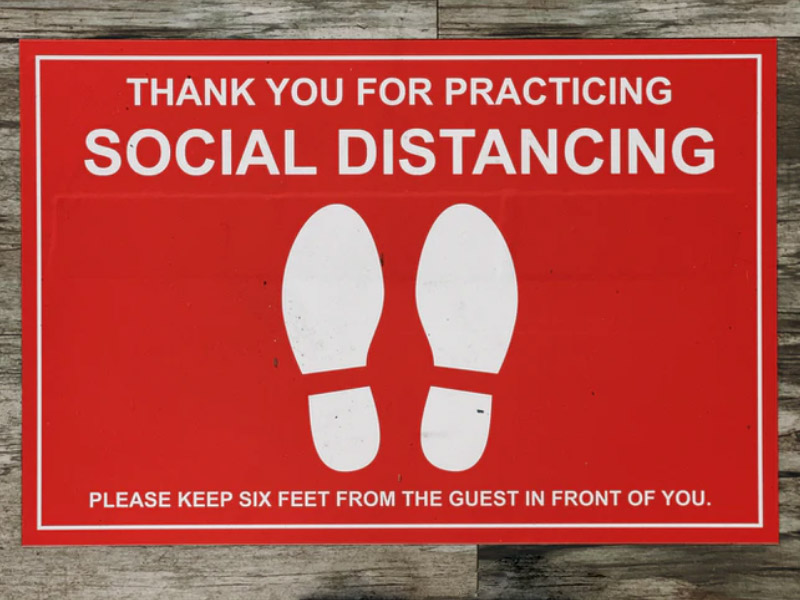
Despite this guidance, the Grand Park Hall opened its doors to reportedly over 100 people on the 23rd September. With a max 550 capacity between two floors, there may have been space for a COVID-safe gathering, but the venue was operating as normal.
It didn’t go unnoticed. Police were called and sent everyone home. The Grand Park’s owner was hit with a £10,000 fine before being ordered to close by Luton Council.
According to the hotel’s Facebook page, they only hosted 67 people, and tried to cut numbers down to the safe limit after speaking to officers. But they were “overwhelmed” by security breaches.
Manchester Marathon, Manchester
The London Marathon still managed to go ahead this year. Direct attendance was limited to professional athletes, while other runners were encouraged to pick their own 26.2-mile course.

It was a triumph of independence and sporting spirit, connecting fans online as they shared their own stories. Elite runners used a buzzing device to maintain social distance, racing in a biosecure bubble in St. James’s Park.
However, the Manchester Marathon was cancelled altogether. Organisers weren’t ready to launch similar measures or feed people into the event via an app or relevant webpage. There was no plan for a physical environment that could let elite competitors, at least, do what they do best.
It just shows how much technology, forethought and innovation – supported by interactive participation around the main event What Does The Return To Events Really Look Like? – can make or break a concept.
The Chainsmokers’ concert, New York
It was supposed to be a drive-through gig. There was enough space for 600 cars. Electro duo The Chainsmokers were performing for charity, with tickets going for $25,000. But the audience quickly got out of hand.
Videos from the show reveal close crowding and dancing, as well as a distinct lack of COVID Marshals. Governor Andrew Cuomo was quick to condemn the performance. “All the rules were being violated,” he said in a conference call shortly after retweeting the footage.
Cuomo directed his ire at the organiser, In The Know Experiences, and the local New York state council who approved permits. The Department of Health launched an investigation into their activity.
This could all have been avoided with proper crowd control. Marshals are a great deterrent What Is A COVID Marshal? – both because of their physical presence, and the fact that they can clearly communicate the rules to whoever needs to hear them.
Iroko Lounge, Southampton
Described as the “worst breach of COVID rules” across the Isle of Wight and Hampshire, the Iroko Lounge restaurant greeted over 100 guests for a late-night party. It was similar to the Grand Park Hall but far more extreme. Police couldn’t even enter. The crowd was too thick and boisterous, with music, disco lights and laughing gas exacerbating the security challenges.
A local paper cited “no evidence of social distancing, no COVID-19 risk assessment” and a complete lack of track and trace. The man in charge said it was a private party. The group blocked the road so more police couldn’t arrive, and refused to disperse.
Quite obviously, the venue wasn’t big enough. But much more could have been done. Spacing is strategic in these situations – where people queue, dance and congregate can be managed with environmental markers and barriers. Meanwhile, rapid on-site testing Rapid Testing Is Coming – Here’s What You Need To Know (along with temperature checks) can add extra certainty for a coronavirus-free evening.

The Lounge’s failure shows that simply partying indoors, late and somewhere no one expects, isn’t safe – and it won’t stop you from getting in trouble either.
We only highlight these examples so that we can learn from them. The moral of the story is: don’t risk an event unless you’re doubly, triply sure that you’re doing all you can. The alternative can cause a significant hit to your finances and reputation.
Talk to Dependable Forces about your 2021 event plans. We can advise on what to do for complete COVID safety, whilst keeping your experience flowing smoothly.
What Does The Return To Events Really Look Like?
With some vaccines already being deployed – and many more in development – to fight the coronavirus, you’d be forgiven for thinking that the events scene will return to normal in 2021.
But in reality, a vaccine can’t solve our problems overnight. Or even in a matter of months. In the words of David Salisbury, former Director of Immunisation at the Department of Health, we’re going to be “vaccine plus” for the time being. Distancing and hygiene must play a role until the virus becomes less deadly or the vast majority of the UK receive their COVID-19 shot.
This begs the question: what will the near-future look like for promoters, performers and audiences? Join us as we dissect the real state of events to come.
Clear distancing rules
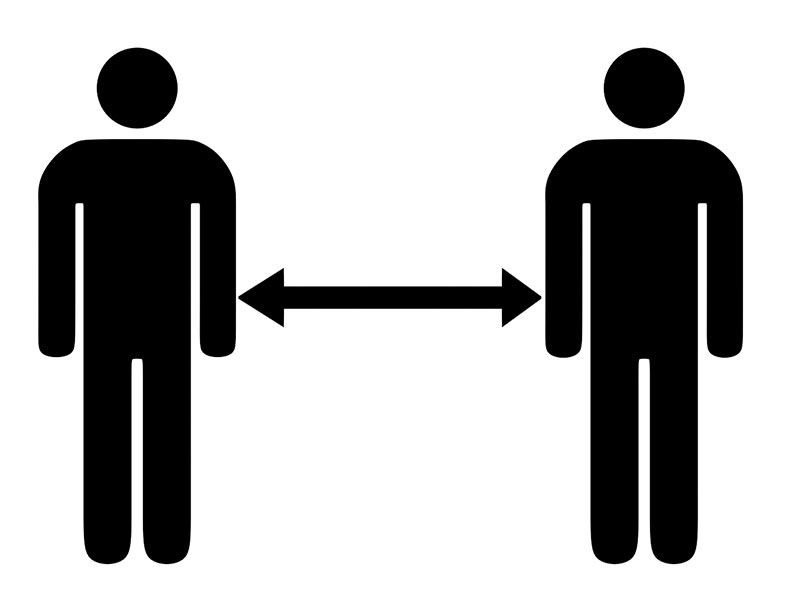
The two-metre rule isn’t going away. Crowds will have to comply and adjust.
If you want to reopen a venue, you’ll need to think about any environmental strategies to reduce contact, queueing and congestion. Floor lanes must be marked. Signage should support it. You may have to limit close seating or erect screens between them. Unfortunately, capacity will suffer, which means ticket prices could rise.
More marshals for outdoor events
It’s easy to assume that open-air gigs and festivals are the answer. Yet distancing measures will be harder to enforce; people are more likely to wander around, bump into each other, and breach protocols.
The Forty-Five sums it up best: “events that are normally the opposite of orderly and calm” will be ripe for reimagining. Appointing COVID Marshals What Is A COVID Marshal? is one tactic that will make a big difference. They can keep an eye on behaviour and remind ticket holders of their responsibility to each other.
Satellite and hybrid experiences

We’re all so used to Zoom meetings and bedroom gigs that organisers may want to experiment with half-physical, half-digital programming. A spot on a conference, panel talk or show can be sold at a regular price for actual attendees, and at a discounted cost for those watching at home.
Meanwhile, there’s a strong case for putting on satellite events around the main event – in other words, smaller gatherings that are localised and tied to your theme. Streaming and social media can connect audiences from different cities (and even countries) so they feel part of the grander experience.
Smaller stage acts
Distancing may affect some performances too. Euro News has touched on the fact that we may see a reduction in the performances of orchestras, troupes and large ensembles unless there’s a stage large enough to keep them sufficiently apart.
Instead, expect to see more duos and trios in the concert space. Creative acts will have to scale down or rethink their arrangements to comply with distancing rules whilst continuing to deliver value for money. And what about organisers? Festivals, theatres and cultural events must also fall in line without losing their magic. We understand the rules are ever-changing. So we’re here to help you navigate health and safety procedures, wherever and whenever they shift.
Mass testing and vaccine checks
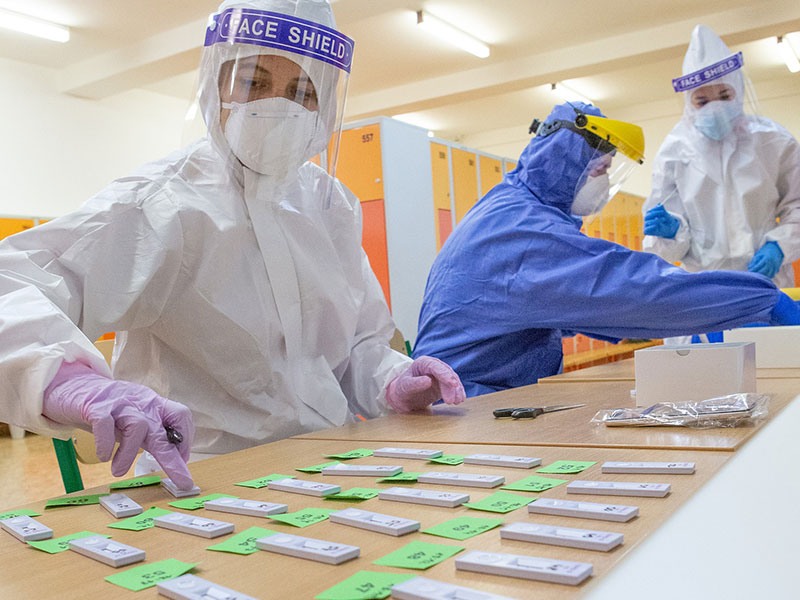
15-minute tests hold massive potential for the events industry. We’ve already written about the great strides taken by Liverpool as a UK test model Rapid Testing Is Coming.
While these tests only detect the amount of the virus in your body at a given time (making them less reliable when the virus is dormant), they can identify ticket holders who are infectious. This is good news when we look at the “potential ideas” proposed by sites like Ticketmaster, such as verifying that an audience member has been vaccinated or has tested negative before allowing their entry to the event.
Whatever the future holds, Dependable Forces are here to make your return to events as safe, secure, and yet as spellbinding for your audiences as ever. Attendees will take a little while to feel confident again. But we’re ready with detailed risk assessments, on-site assistance, and our fingers firmly on the pulse of changing COVID-19 rules.
Talk to us for more details about our training programmes, compliance checks and safety marshal cover.